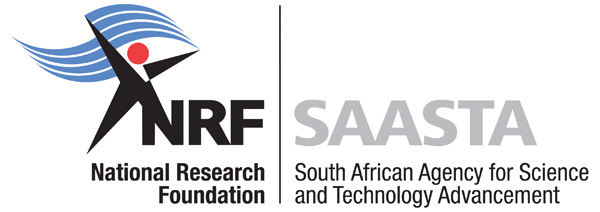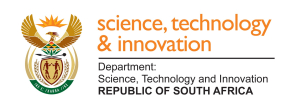The Department of Science and Technology (DST) in partnership with the National Research Foundation (NRF) and the South African Agency for Science and Technology Advancement (SAASTA) will host the Nanotechnology Symposium on Monday 27 June and Tuesday 28 June 2016 at the Council for Scientific and Industrial Research International Convention Centre (CSIR ICC) in Pretoria.
The theme of the symposium is entitled: Realising the Potential of Nanotechnology in South Africa. About 25 research grants in South Africa, comprising 13 full grants and 12 development grants are expected to share developments in their cutting research in nanotechnology.
The Nanotechnology Symposium objectives are to:
- Showcase the achievements of the DST-NRF investment within the Nanotechnology Flagship Project (NFP) by engaging with the grant holders in their research activities relating to the six focus areas;
- Share the successes and challenges experienced by national and international researchers in undertaking nanotechnology or nanoscience-based research;
- Introduce the Nanotechnology Code of Ethics; and
- Provide a platform for nurturing and encouraging partnerships between industry partners and NFP grant holders in advancing nanotechnology development and innovation in line with the objectives set forth in the NNS.
The DST in partnership with the NRF seeks to promote nanotechnology research through the Nanotechnology Flagship Project (NFP).
The flagship project aims to ensure that South Africa is able to optimally use nanoscience and nanotechnology to enhance the nation’s global competitiveness and to promote innovation and economic growth.
This year marks the 10th year since the launch of the South African National Nanotechnology Strategy (NNS) in 2006. A fundamental pillar in the implementation of the strategy is the NFP.
The NFP is geared towards demonstrating the benefits of nanotechnology and its impact on some of the key challenges facing South Africa, which relate to the areas of: energy security; improved healthcare; water purification; mining and minerals; and advanced materials and manufacturing.
The NFP was established with the objective of accelerating national efforts in order to build the excellence pipeline in research and development capacity by attracting and retaining young scientists and professionals of the highest calibre. The goal is to stimulate innovation in the form of proof of concept and/or patents.
Since inception of the NFP funding instrument in 2007, there has been an investment of R57 million in 25 research grants, comprising 13 full grants and 12 development grants. The rationale for introducing the development grants was to strengthen the nanotechnology research track record of emerging researchers.
The development grant afforded the emerging researchers in this field opportunities to receive mentorship and to access research infrastructure based at the Nanotechnology Innovation Centre at the CSIR, through the leadership of Professor Suprakas Sinha Ray.
The investment in the NFP has yielded locally relevant and internationally competitive outputs in pursuit of research excellence and capacity development. In 2015, research outputs exceeded targets and reached the following milestones: 464 postgraduate students have been trained; 92 postdoctoral fellows were supported; 326 collaborations were established; 352 research articles were published in ISI journals; 80 conference proceedings were recorded; and 17 patents were registered.

 The South Africa Agency for Science and Technology Advancement (SAASTA) is a business unit of the
The South Africa Agency for Science and Technology Advancement (SAASTA) is a business unit of the 